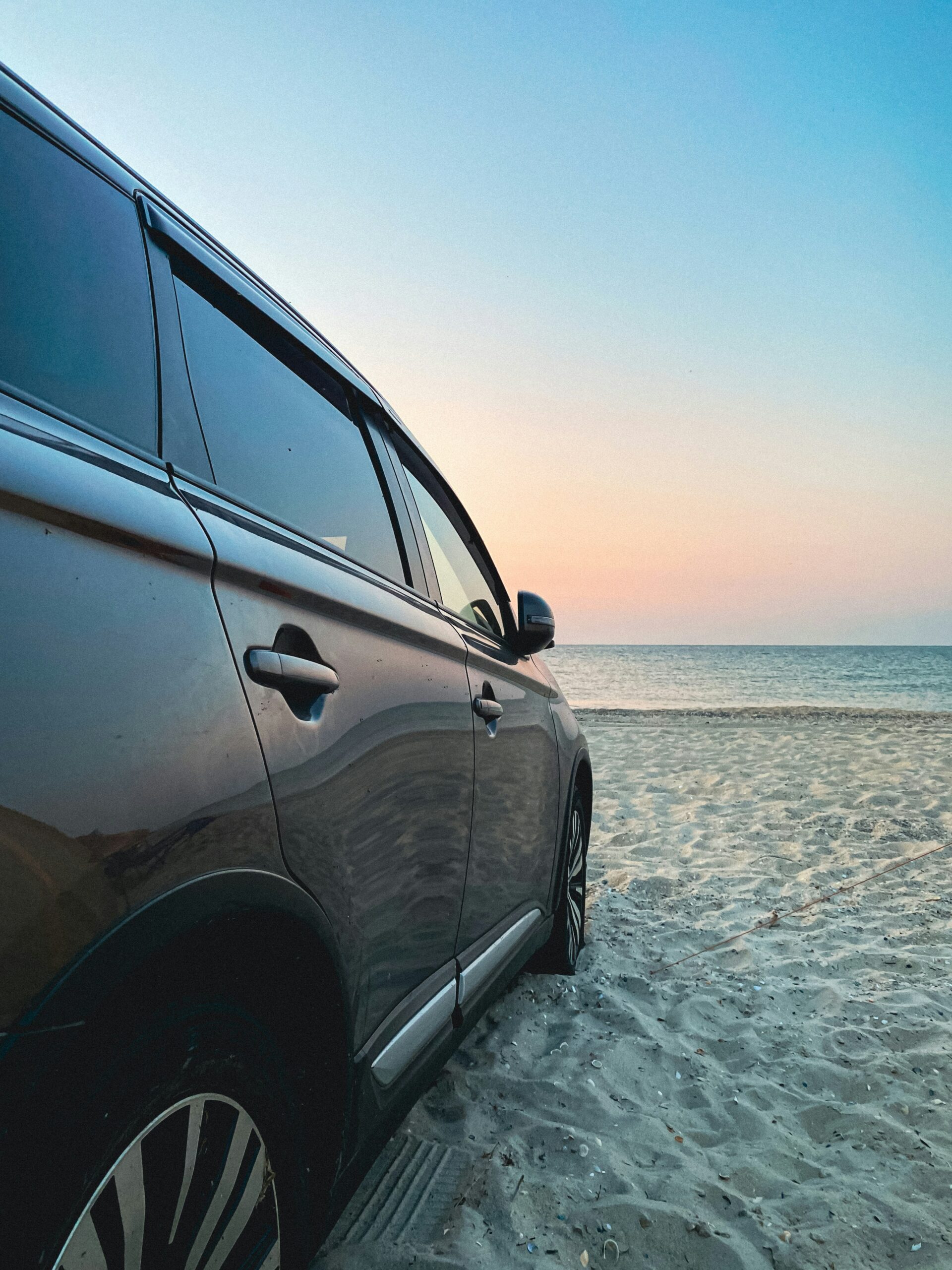If you’re planning to live in Spain — even part-time — having your own vehicle can be a real game-changer and having the freedom to explore is part of the lifestyle.
But as a foreigner, how do you buy a car in Spain legally and without unnecessary headaches?
Here’s your complete guide.
1. Can Foreigners Buy a Car in Spain?
Yes — absolutely.
EU and non-EU nationals can both buy a car in Spain. However, you’ll need to be able to prove your residency status and have a few essential documents in place.
2. Documents You’ll Need
To purchase and register a car in Spain, you’ll typically need:
✅ NIE Number (Número de Identificación de Extranjero) – your foreigner identification
✅ Proof of Address in Spain – a padrón certificate from the town hall or utility bill
✅ Passport or ID
✅ Spanish Bank Account – for paying taxes or insurance
✅ Driving Licence – EU licences are valid; non-EU residents may need to exchange theirs
Tip: Some dealerships may ask for residency proof (TIE or EU registration certificate), but this varies. For second-hand purchases, private sellers may be more flexible, but registration still requires the above.
3. Should You Buy New or Used?
Here’s a quick comparison:
| New Car | Used Car (Segunda Mano) | |
|---|---|---|
| Cost | Higher, includes 21% VAT | More affordable, especially from private sellers |
| Warranty | Usually 2+ years manufacturer | Dealers must give 1-year warranty; private sales have none |
| Paperwork | Dealership usually handles it | You’ll likely need to do it yourself or hire a gestor |
| Depreciation | Steep first 2 years | Already absorbed by previous owner |
Used car prices in Spain can be surprisingly high, especially for automatic cars or foreign brands. A decent second-hand vehicle might cost anywhere from €5,000–€15,000.
4. Where to Buy
Dealerships (Concesionarios) – Offer both new and certified used vehicles, and can handle the paperwork for you.
Private Sellers (Particulares) – Cheaper, but more responsibility on you for paperwork and checking the car’s condition and history.
Online Portals:
- Coches.net
- Milanuncios
- Autocasión
- Facebook Marketplace (use caution)
5. Registering the Car in Your Name
For used cars, the ownership transfer (cambio de titularidad) must be processed with the DGT (Dirección General de Tráfico). You’ll need:
- Transfer contract (with ID copies of both parties)
- Technical Inspection Card (ITV)
- Road tax paid up
- Payment of transfer tax (model 620 or 621)
- Transfer fee (€55.70 for cars as of 2025)
Many buyers hire a gestor (administrative agent) to handle this for a fee of €100–€300.
6. Insurance and ITV
✅ Car Insurance:
Third-party insurance is the legal minimum. Fully comprehensive is strongly recommended, especially for newer cars. Cost varies by age, driving history, and vehicle type — budget €300–€700/year.
✅ ITV (MOT Equivalent):
Required for all vehicles over 4 years old. Must be passed every 2 years (then annually once over 10 years old). Cost: €35–€50 per test.
7. What About Imported Cars?
If you’re bringing a car from abroad, you’ll need:
- To register it with Spanish plates
- Pass a special ITV test
- Pay registration tax (Impuesto de Matriculación)
- Possibly modify the car to meet Spanish standards
This process can be costly and complicated — many expats choose to sell their car abroad and buy local.
Final Tips
- Automatic cars are less common and more expensive in Spain.
- If you’re not a full resident, check rules on long-term use of a foreign-plated car — after 6 months, it must usually be registered in Spain.
- Always double-check outstanding debts on used cars at the DGT before buying (some debts can be transferred with the vehicle).
- Consider hiring a bilingual gestor to save time and avoid paperwork stress.
Driving off into the Spanish sunset?
Whether you’re relocating full-time or spending part of the year in Mijas Costa, owning a car is often the best way to explore the beautiful Costa del Sol at your own pace. If you’re also still hunting for a property with secure parking or easy road access, we’re here to help.
